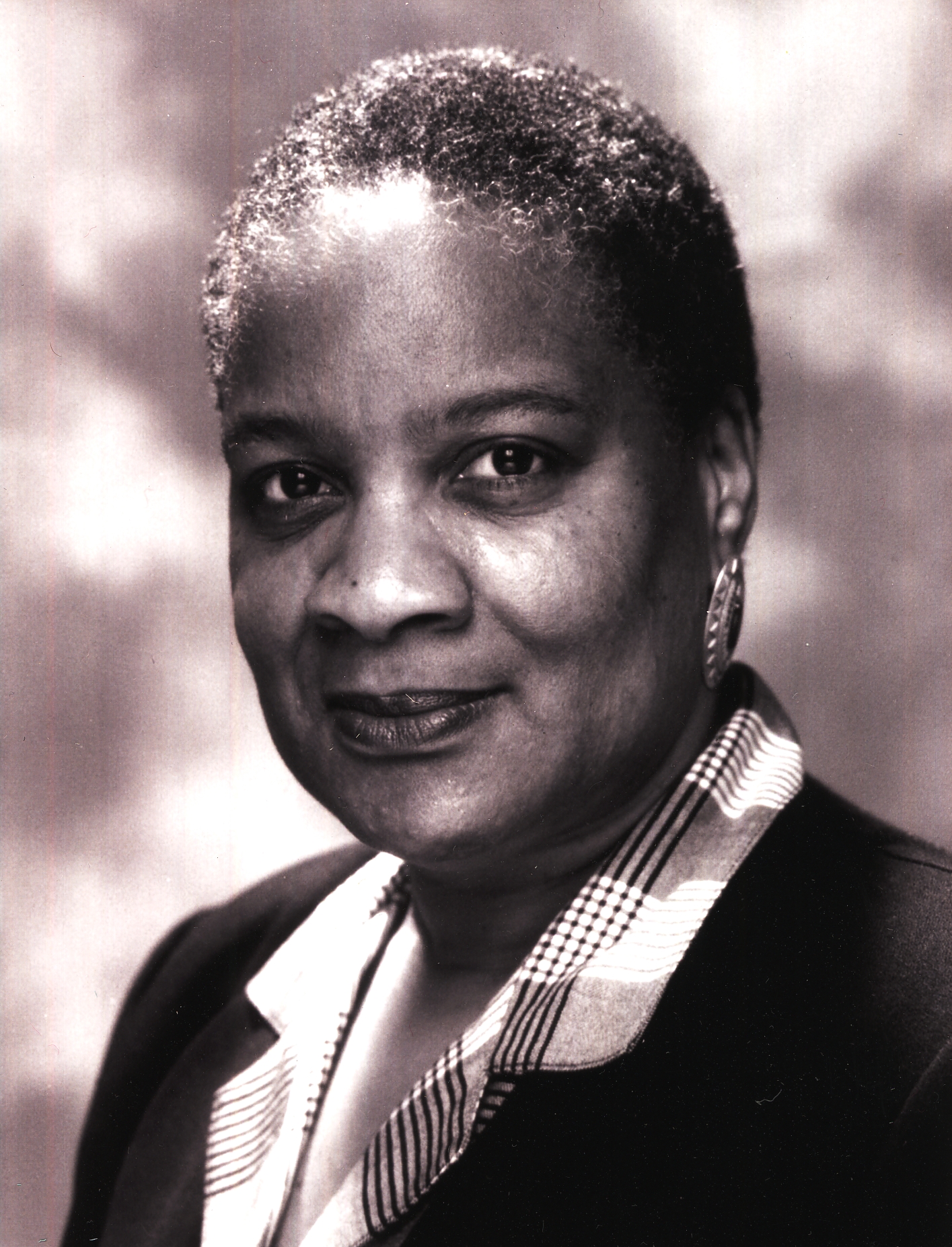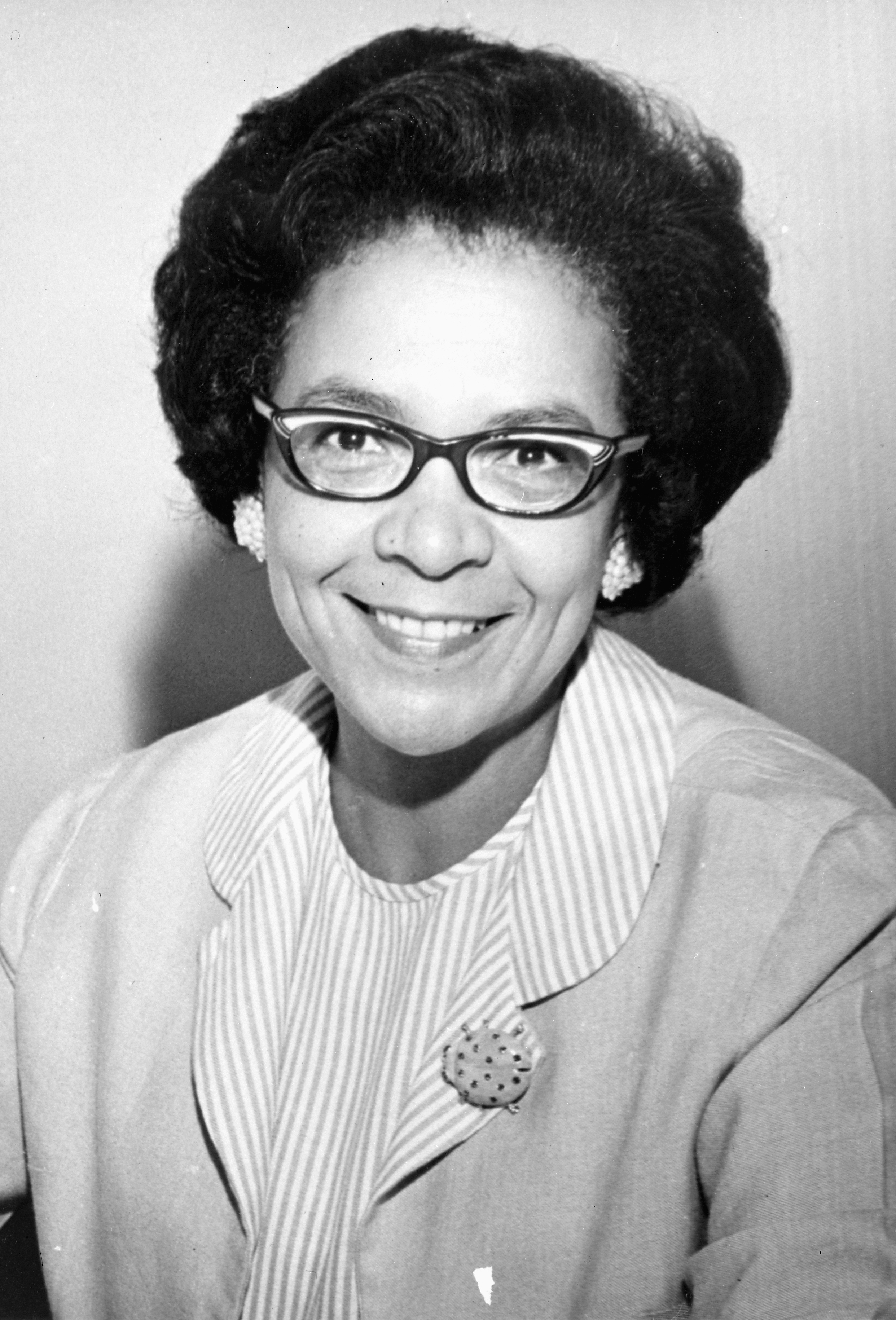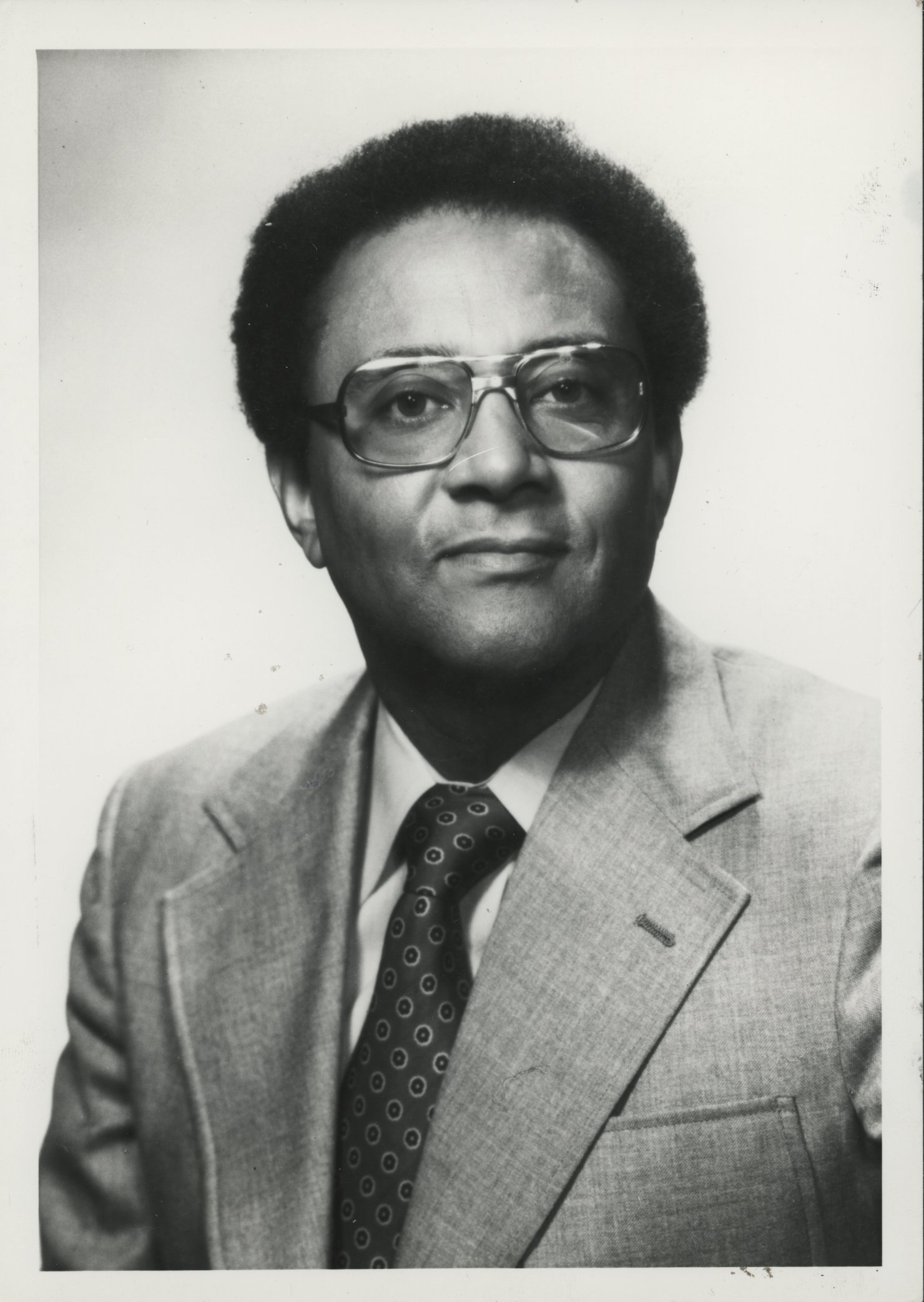Jim Hill was the first person of color to be elected to statewide office in Oregon, winning the state treasurer’s post as a Democrat in 1992. Ten years earlier, he was only the second African American elected to the state legislature.
Born in segregated Atlanta in 1947, Hill was raised by a single mother who worked as a nurse to send him to a Catholic elementary school and then to a military boarding school. After receiving a bachelor’s degree in economics at Michigan State University in 1969, Hill earned an MBA and a law degree at Indiana University.
Oregon’s progressive politics attracted Hill to Salem in the 1970s, where he first worked as a lawyer in the attorney general's office. His nonpolitical career included working for Mentor Graphics, a high-tech firm in Wilsonville, as corporate accounts manager for Latin America.
In 1980, Hill challenged an incumbent state representative representing south Salem, campaigning aggressively and knocking on thousands of doors. The result was a statistical tie, with Hill losing by fewer than sixty votes. He won easily on his second try for the same seat in 1982, and won re-election in 1984 before being elected to a state senate seat in 1986. As chair of the Senate Business and Finance Committee, Hill helped allocate early state lottery money and was part of an unsuccessful effort to oppose the expansion of the lottery to video poker. As vice chair of the Senate Judiciary Committee, he helped facilitate a major prison expansion during Governor Neil Goldschmidt’s administration.
In 1992, Hill ran for Oregon state treasurer, defeating former House Speaker Richard Eymann in the Democratic primary and Republican David Chen in the general election. In 1996, he won a second term, defeating Oregon House Speaker Bev Clarno.
When Hill took office as state treasurer, the office was under fire for ethics violations. The pension fund had lost millions of dollars on a questionable investment, and under Hill’s predecessor, Tony Meeker, the treasurer's office had approved a $5 million loan to a campaign donor. Some legislators wanted to split off the treasury's investment operations to a separate agency, but Hill pushed back by reorganizing the agency and delegating important work to trusted subordinates. While in office, Hill won high marks for integrity and effectiveness. He had a friendly personality and a moderate approach that appealed to members of both parties.
In 1999, Hill announced that he would seek the Democratic nomination for governor. By the end of 2001, he had raised nearly a million dollars, much of it from out of state. His opponent in the primary was Ted Kulongoski, an attorney who had most recently served on the Oregon Supreme Court and had the support of most labor unions and three Democratic governors. Kulongoski won the May 2002 primary with 48 percent of the vote; 26 percent voted for Hill, and 22 percent voted for Multnomah County commissioner Beverly Stein.
Hill challenged Kulongoski again in 2006, his campaign fueled by public employee unions angry at the governor’s support for PERS retirement reform. Kulongoski won the race by a slightly bigger margin than he had four years earlier.
Hill, who has one daughter, lives in Salem Oregon.
-
![]()
Jim Hill.
Courtesy Black Then -
![]()
Jim Hill, Marion County Voters Pamphlet, Marion County, Oregon, 1986.
Courtesy Oregon Secretary of State
-
![]()
"The New 'N' Word: The White Middle Class," by Jim Hill, 2016.
Courtesy Inkwater Press
Related Entries
-
![Avel Gordly (1947-)]()
Avel Gordly (1947-)
In 1996, Avel Louise Gordly became the first African American woman to …
-
![Kathryn Hall Bogle (1906 - 2003)]()
Kathryn Hall Bogle (1906 - 2003)
A freelance journalist, social worker, and community activist, Kathryn …
-
![Margaret Louise Carter (1935–)]()
Margaret Louise Carter (1935–)
Margaret Carter was the first Black woman to be elected to the Oregon S…
-
![Mercedes Deiz (1917–2005)]()
Mercedes Deiz (1917–2005)
Mercedes Deiz was a trailblazer in the Oregon legal community. She was …
-
![Richard “Dick” Bogle (1930–2010)]()
Richard “Dick” Bogle (1930–2010)
Dick Bogle was a multi-talented Oregonian and humanitarian who dedicate…
-
![William “Bill” Lipscomb McCoy (1921–1996)]()
William “Bill” Lipscomb McCoy (1921–1996)
Bill McCoy took his seat in the Oregon House of Representatives in 1972…
Map This on the Oregon History WayFinder
The Oregon History Wayfinder is an interactive map that identifies significant places, people, and events in Oregon history.
Further Reading
Mapes, Jeff. "Jim Hill Wages Low-key Campaign." Oregonian, December 24, 2001.
Ferrara, Pam and Dave Buchanan. The Almanac of Oregon Politics, the history of state legislative elections, 1972-1988. Corvallis, Ore.: Alamanac of Oregon Politics, 1989.












